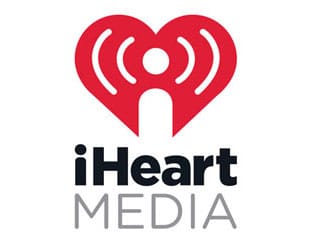A lot of third party observers do not see the point of the Performance Rights Act. For example, the Tribune Democrat in Johnstown PA points out the obvious – that because of financial distress, labels are now willing to ignore all the good radio has done them for decades in a desperate cash grab. And Harry Shearer, who speaks as both a copyright owner and avid user of media said of the labels, “But when you hear record companies talk about artists’ rights, the only appropriate response is a loud, rude guffaw, because these people wouldn’t recognize artists’ rights if they swallowed them, and they do.”
Shearer confessed to the Los Angeles Times that he has used Napster, but only when he exhausted all legal possibilities when trying to track down a specific recording. “Don’t go suing me, record company,” he pleaded.
The Johnstown Tribune Democrat wrote, “Great artists such as Elvis, The Beatles and Queen, and many others, owe their very existence to local radio stations.” Calling the notion of a performance tax “Hogwash,” it said, “That is a helluva business plan, recording industry! Hurt your partners – the ones that promote record sales and concerts every day of the year. Duh! For more than 80 years, a mutual beneficial relationship has existed between radio and the recording industry. Record labels and performers have prospered from airplay by local stations.” The newspaper also noted how radio is out and about volunteering in their community, but they’ve never seen a record executive do anything for the general good.
The Joplin Globe had similar thoughts. “Local radio operators say that if the bill passes, it could lead to the bankruptcy or closure of those stations. We are inclined to believe them.” The Globe is not unsympathetic to the cause of musicians. “As for fair compensation, that is an issue musicians need to consider when they sign contracts with record companies.” It added, “It doesn’t take an economist of the highest credentials to see a clear relation between radio airplay and commercial success. No other music format has numbers that compare with radio’s estimated 235 million listeners a week.”
Even the Missouri Chapter of the March of Dimes weighed in. It specifically discussed its efforts to help expectant mothers. “Radio has partnered with us as we’ve helped educate moms-to-be on the need to take folic acid, to not smoke, and to seek medical care. Last year in Missouri, over-the-air radio stations supported March of Dimes with more than $650,000 worth of air time. This generous support cuts across our state from Cape Girardeau to St. Joseph and in towns and cities in between.” It added, “For March of Dimes, free, over-the-air radio is living up to its ideal of operating in the public interest. We urge you to keep in mind these contributions when deliberating legislation that may impact the radio industry.”
RBR/TVBR observation: A key survival strategy is to pick your battles. We’ve seen broadcasters go to the mat lately on issues that frankly don’t seem all that important. This is no such issue. Broadcasters should fight this to the last ditch.
And while they’re at it, broadcasters should be promoting platform parity by backing the elimination of digital royalties as well, particularly when digital platforms benefit artists and producers by giving listeners instant access to a venue to buy the music.
RBR/TVBR note: Have a comment, Post it Below or try our new forum the RBR/TVBR Community Forum Boards




